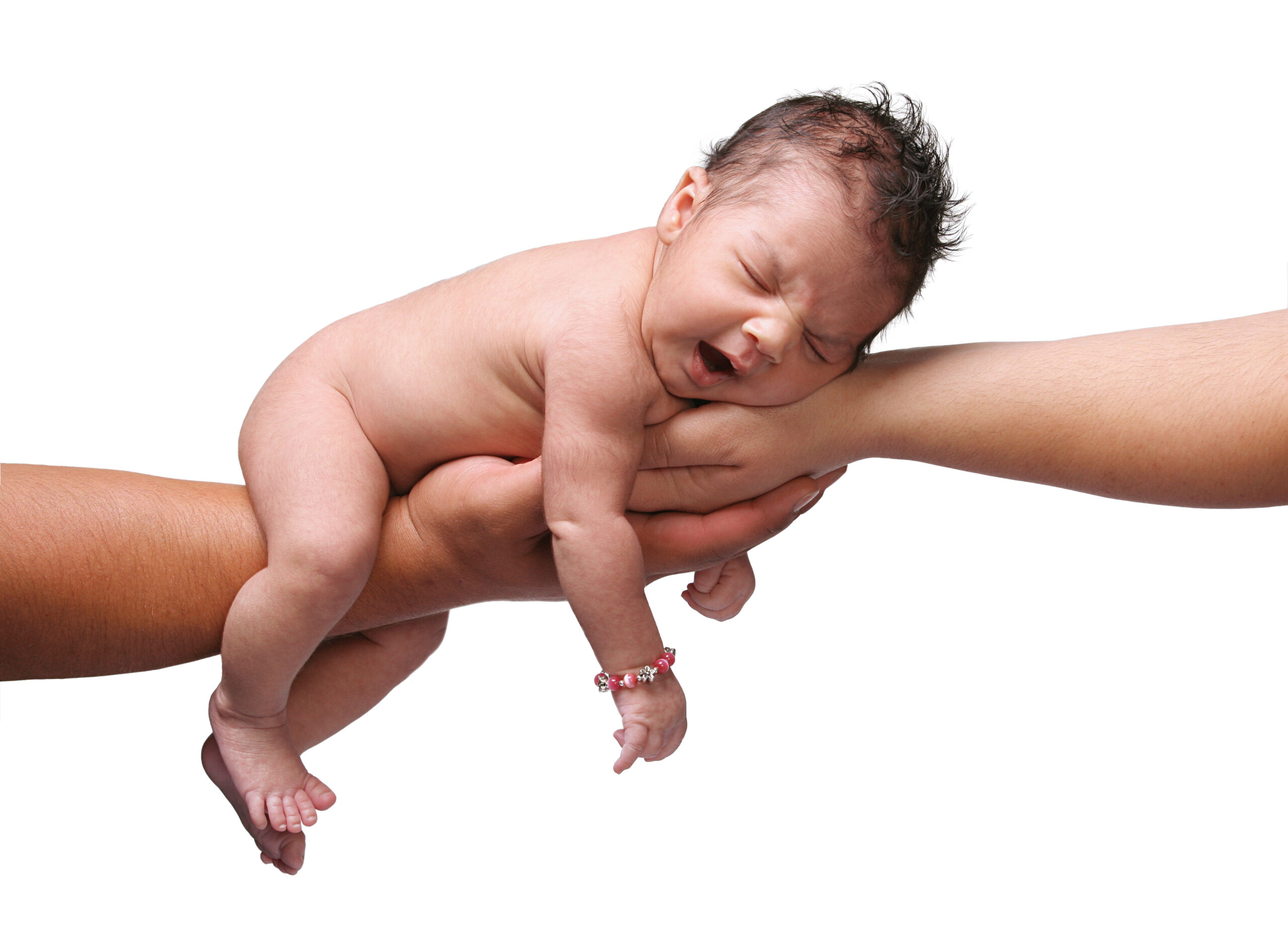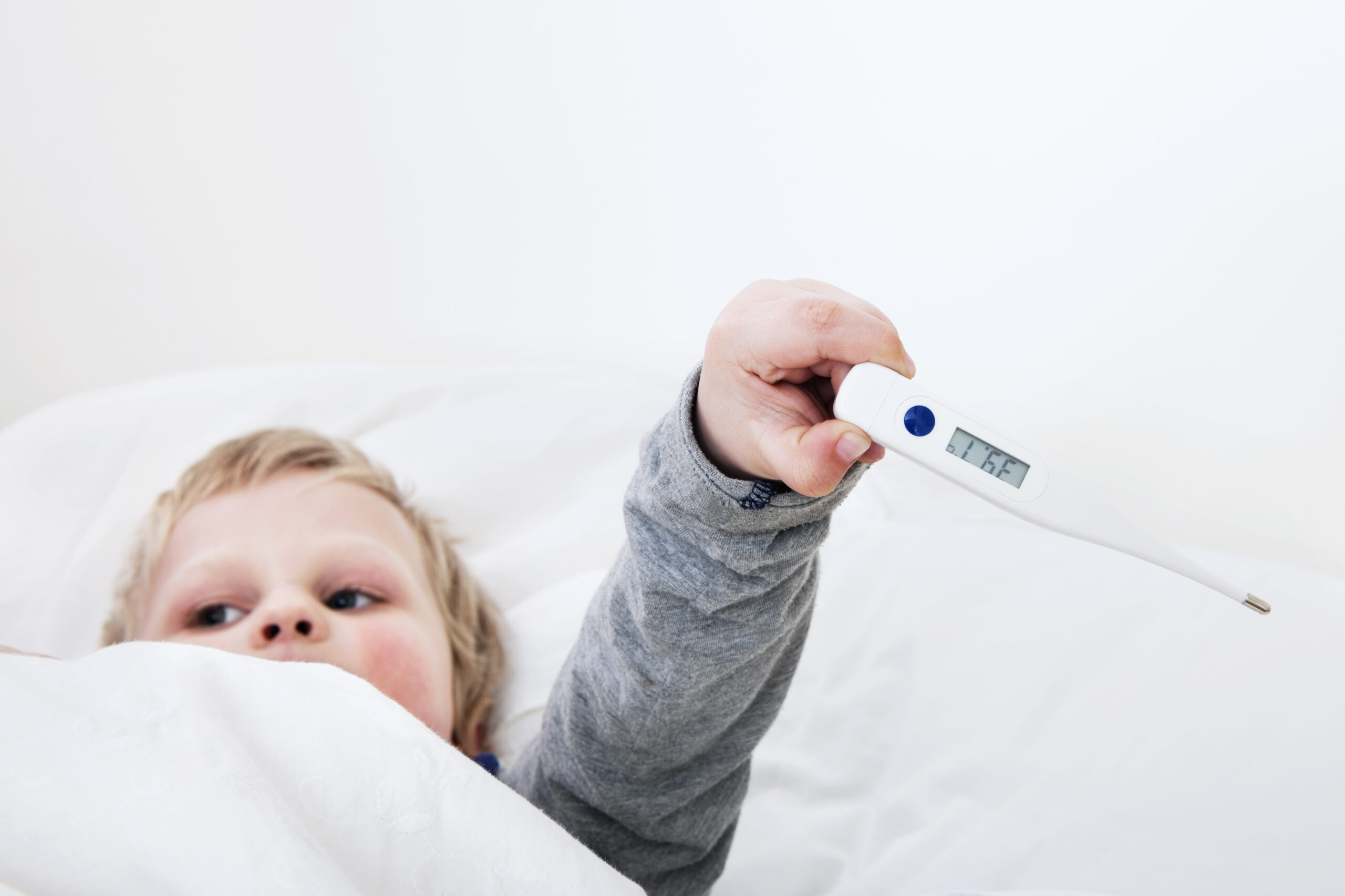Every baby is capable of sleeping through the night. Studies of billions of babies [1] have shown that, developmentally speaking, their brains and stomachs can endure 8 hours without parental intervention sometime between 4 and 6 months of age. Some babies naturally sleep through the night. However, babies with more sensitive temperaments may need a little coaxing as billions of sleep-deprived parents can attest.
Sleeping through the night is strongly influenced by a parent’s expectations of what they believe their baby can do. The Pygmalion effect is at work here. This phenomenon, named after a Greek myth, explains that the greater the expectation placed upon a person, the better they perform.
Expectation and Performance
Many parents expect that their baby is not capable of self-soothing and putting themselves back to sleep. When they hear baby fussing in the middle of the night they reflexively jump to hold, feed and comfort the baby. Babies with certain temperaments love this nocturnal attention and become accustomed to someone else settling them down for the night. It’s sleep-sabotage. Expect your baby can’t sleep and they won’t.
When a baby always falls asleep in a parent’s arms with a bottle or pacifier and they wake during the night without those conditions, they won’t fall back asleep. It’s like if you were to fall asleep on the sofa and wake up in your bed; you would be confused too. You just might not scream about it. Just as adults have routines that signal sleep time is approaching (reading a book, watching TV, or guzzling whiskey) babies form sleep associations too.
It’s up to you to help baby develop healthy sleep associations – for the sake of everyone’s sleep and your sanity. But first you need to know what you can realistically expect of your baby. You can rock or feed your baby until she falls asleep for the first 3 months. At this stage they can only sleep 3 to 4 hours in a row and their brains aren’t quite prepared to self-soothe. But sometime after 4 months they will be able to sleep much longer and that’s your window of opportunity to help them learn to settle themselves. When she remains awake at the end of the day’s last feeding for 2 or 3 nights in a row, that’s your cue to begin to allow her to fall asleep on her own. As her eyes are just beginning to get heavy, place her in bed. You can place a hand on her gently, but leave the room for at least 30 seconds, gradually extending this time.
Put babies into their bed when they are drowsy, but awake and let them settle themselves down. Ignore the fussing, only pick them up if they are outright crying or screaming. Babies need to make noise to self-soothe and fall asleep.
Teaching your baby to settle herself to sleep is the first parenting milestone. Once you’ve mastered sleeping through the night, you will have the confidence to trust your child to try all kinds of things. Know what your child is realistically capable of doing at their age, and expect it of them. Before you know it, your 5 year-old will be helping with dishes and your 12 year-old will be making thoughtful decisions independently.
***If you miss the opportunity to teach self-soothing, only a sleep training method will work. After 6 -7 months of age try the Ferber Method or other technique, all of which are safe, or hire a sleep coach.
[1] Data is grossly exaggerated for dramatic effect






